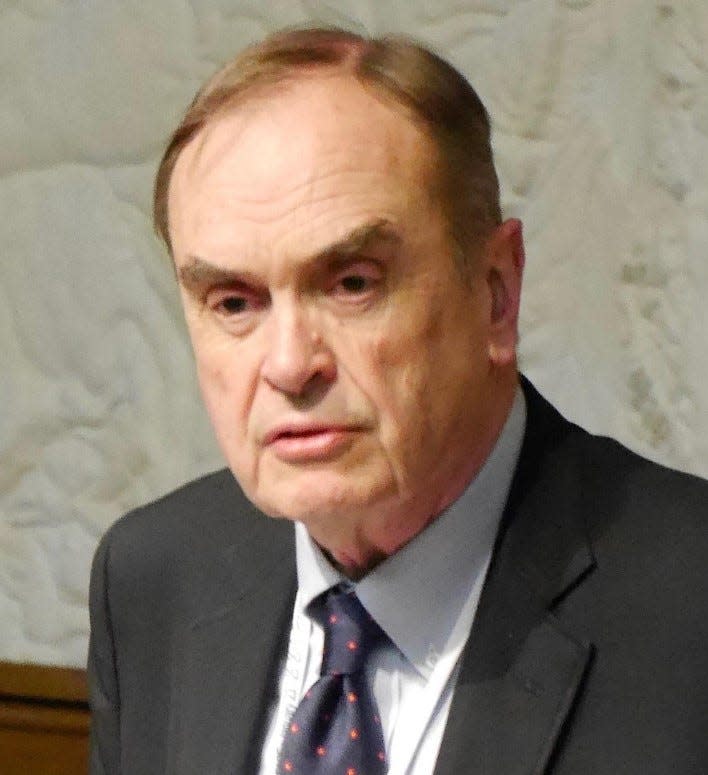Richard Killmer: Change is coming
Most of us take for granted that we will enter a dark room and flick on the lights, that our homes will be warm in winter, that we will look out the window of a car and watch the world go by. We just assume that the energy needed to make those things work will always be there. But the energy sources are changing.
Recent developments prove the point. According to the International Energy Agency, an estimated $1.4 trillion was spent on “clean energy” projects in 2022. That includes solar farms, batteries and electric vehicle charging stations. That’s more than ever before, and more than the money was spent on new oil and gas projects.

In addition, a recent report stated that investments in low-carbon energy “reached parity” with capital aimed at expanding fossil fuels. And, driving the point home further, the oil giant BP said recently that it expected the war in Ukraine would push countries to ramp up renewable energy projects and that the need for oil and gas would reach its peak soon.
This energy transition growth spurt includes solar, wind, geothermal, hydro, and very controversially, nuclear power. Energy security doesn’t mean only fossil fuels anymore.
This is all good news. The conversion to renewable energy is happening very quickly. However, the challenge is that the shift away from fossil fuels isn’t happening fast enough to keep the world close to its goal of 1.5 degrees Centigrade — the goal that needs to be reached by 2050 to keep the world at net zero greenhouse gas emissions and avoid climate disaster.
There is a new step that can be taken that keeps the good news on clean energy coming. In December, President Biden and the Environmental Protection Agency proposed an updated draft rule to cut methane and other harmful pollutants from oil and gas operations across the country. This proposal is an important step forward in addressing the climate crisis, protecting God’s creation and the health and safety of communities across the country.
Many governments and others have expressed grave concern about methane because it has two significant damaging results. Methane is 80 times more effective than carbon dioxide at stopping the journey of the gas into space and therefore makes the blanket of gas around the earth thicker and more effective at trapping the heat that bounces off the earth. That makes the earth warmer and causes all of us to experience more draughts, more rainfall and snowfall, more intense hurricanes, higher sea level rise and bigger wildfires. Methane plays a huge role in causing the climate crisis.
In addition, methane pollution is also a threat to our communities. It harms air quality and contributes to ozone smog formation, which exacerbates asthma, a disease felt all too keenly in communities of color. Reducing methane pollution is a justice issue and the EPA should pursue and finalize a robust methane pollution standard. The updated draft rule is an improvement from the original draft rule released by EPA in 2021 by ensuring all wells are regularly and frequently monitored for leaks and that outdated pneumatic equipment is replaced with zero-emitting options. These provisions should remain in the final rule, but the final rule must go further.
The final rule will be more effective in both reducing the methane in the gaseous blanket around the earth, which causes the climate crisis and harms air quality, if it does three things:
Ensures that operators at wells capture methane and limit flaring of that gas.
Makes the standards applicable to more tanks.
Provides a clear pathway for communities and individuals to participate and engage in the Super Emitter Response Program, which is designed to address very large leaks from the oil and gas industry without delay.
Let’s keep the good news coming. The EPA can make these additions and release the final rule quickly.
— Rev. Richard Killmer is a retired Presbyterian minister living in East Grand Rapids.
This article originally appeared on The Holland Sentinel: Richard Killmer: Change is coming
